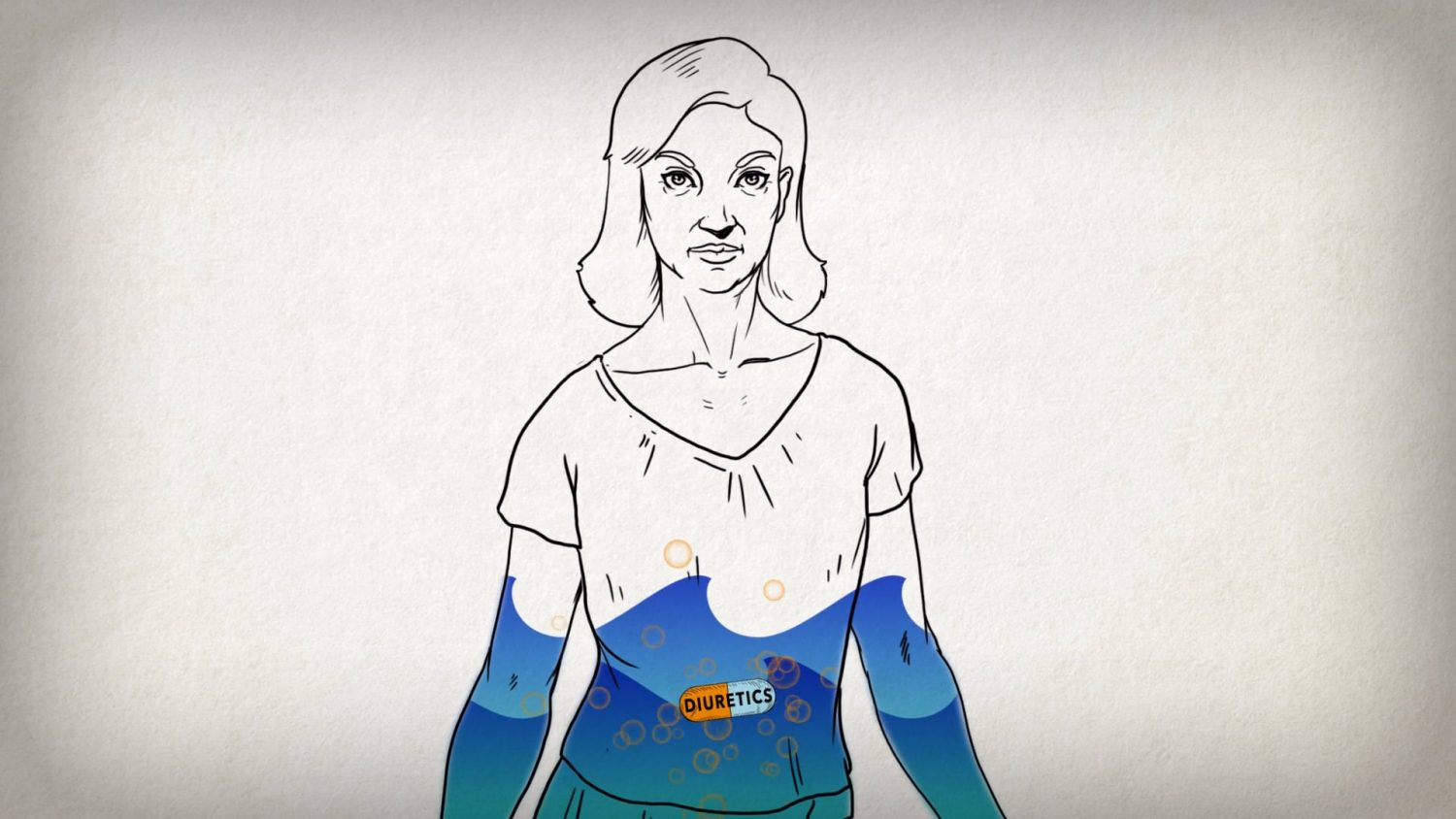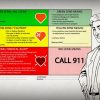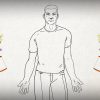Diuretics
You may take diuretics to help treat some of your symptoms. Diuretics help your body release fluid as urine, which reduces the amount of fluid that builds up in your body. With less fluid buildup (edema), you’ll have less swelling in your feet, ankles, and legs, and you’ll be able to breathe more easily.
Because diuretics help your body get rid of extra fluid, you will probably have to go to the bathroom more often to urinate. You may also feel tired, nauseous, dizzy, or lightheaded. You should call your doctor if you are dizzy for a long time, you get a rash, muscle pains or cramps, if you lose your appetite or vomit, or if you always have a dry mouth or are thirsty.
Here are some helpful tips to follow when you’re taking diuretics:
- Weigh yourself each day when you first wake up, before you have breakfast.
- If you take a single dose every day, take it in the morning with your breakfast.
- If you take more than one dose every day, take the last dose at least four hours before you go to bed.
If you have any questions about the diuretic you are taking, please talk to your care team.































